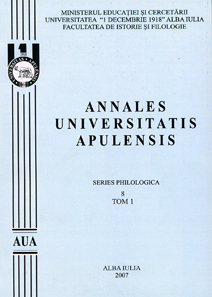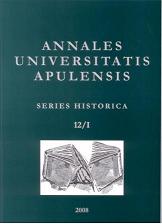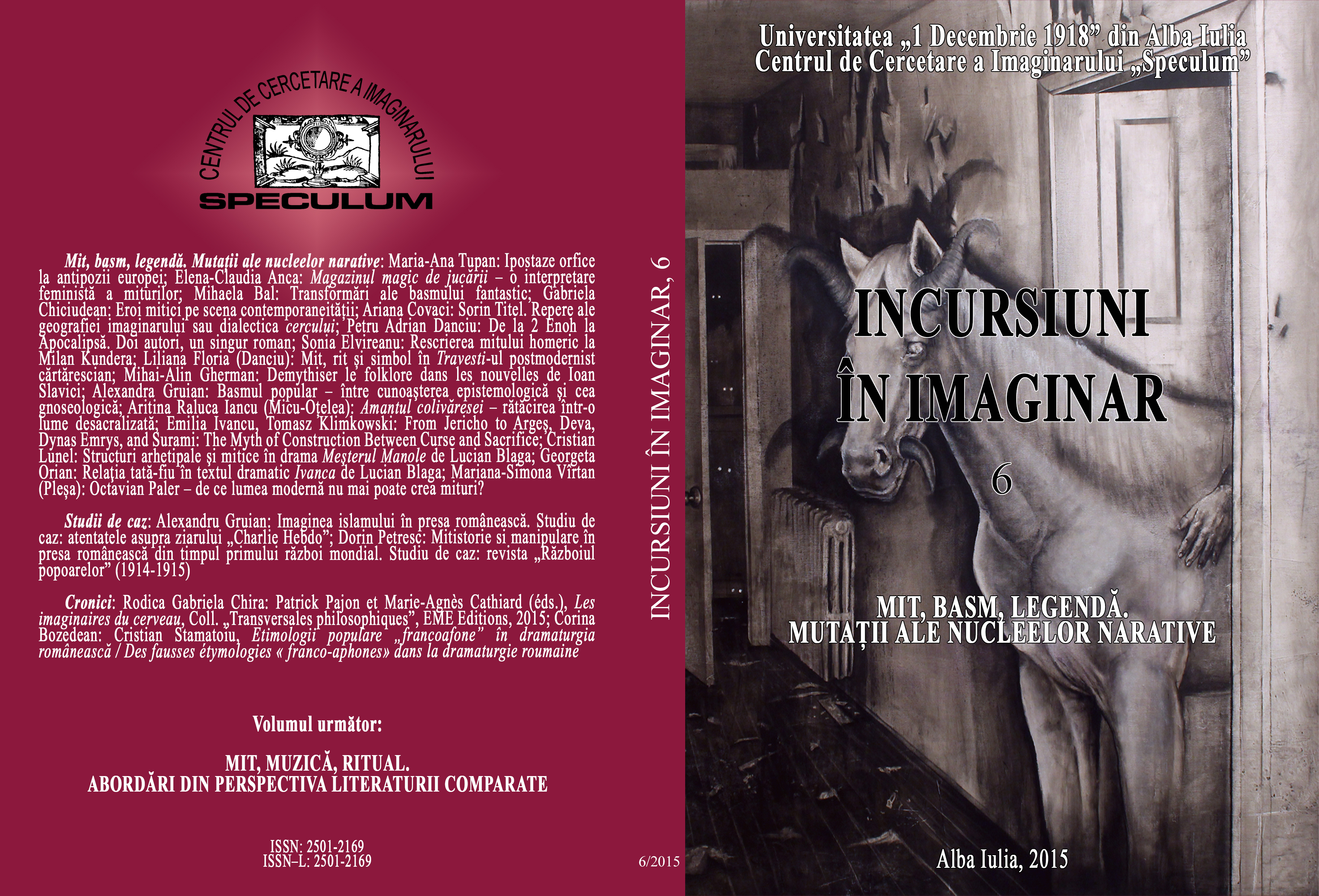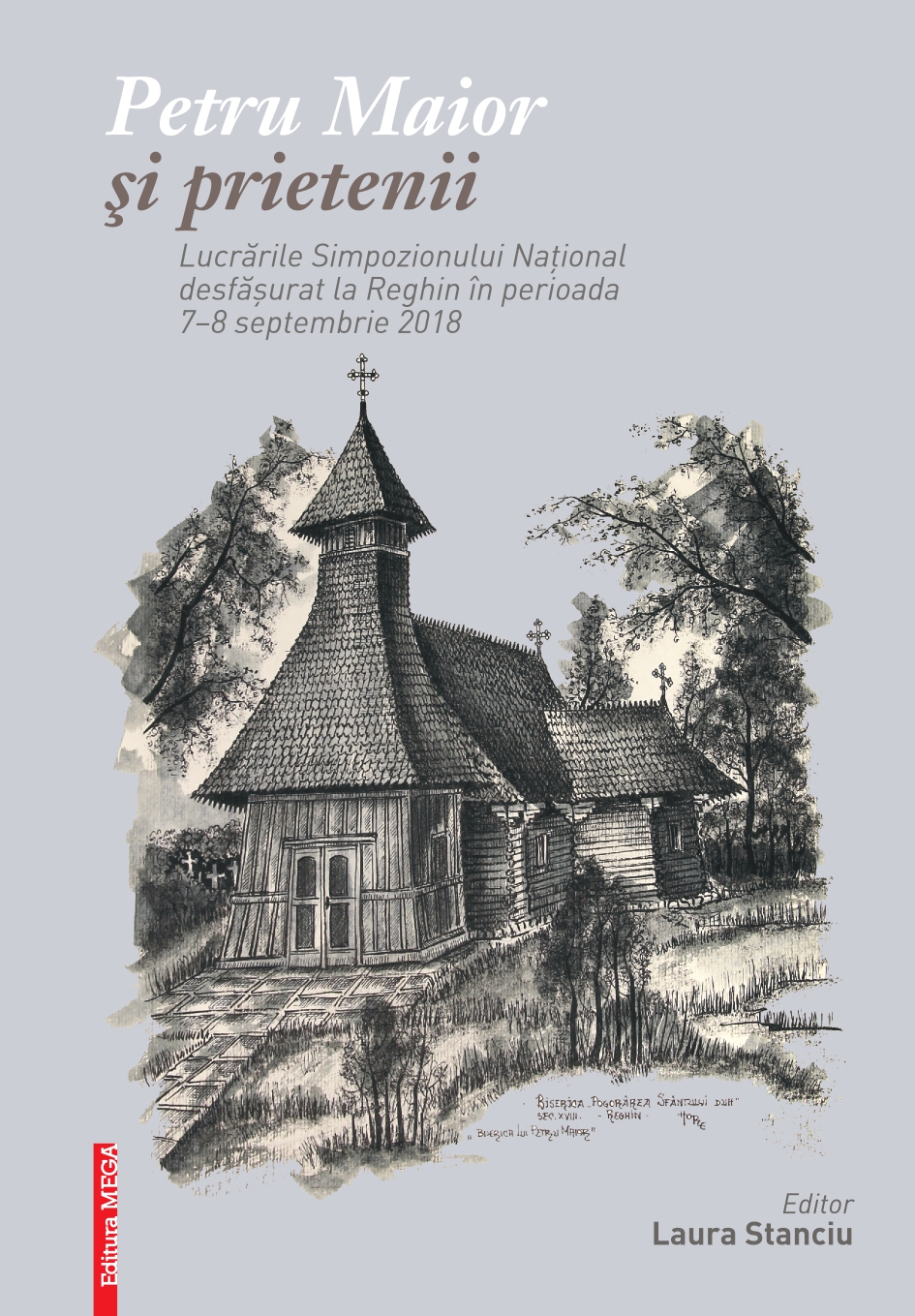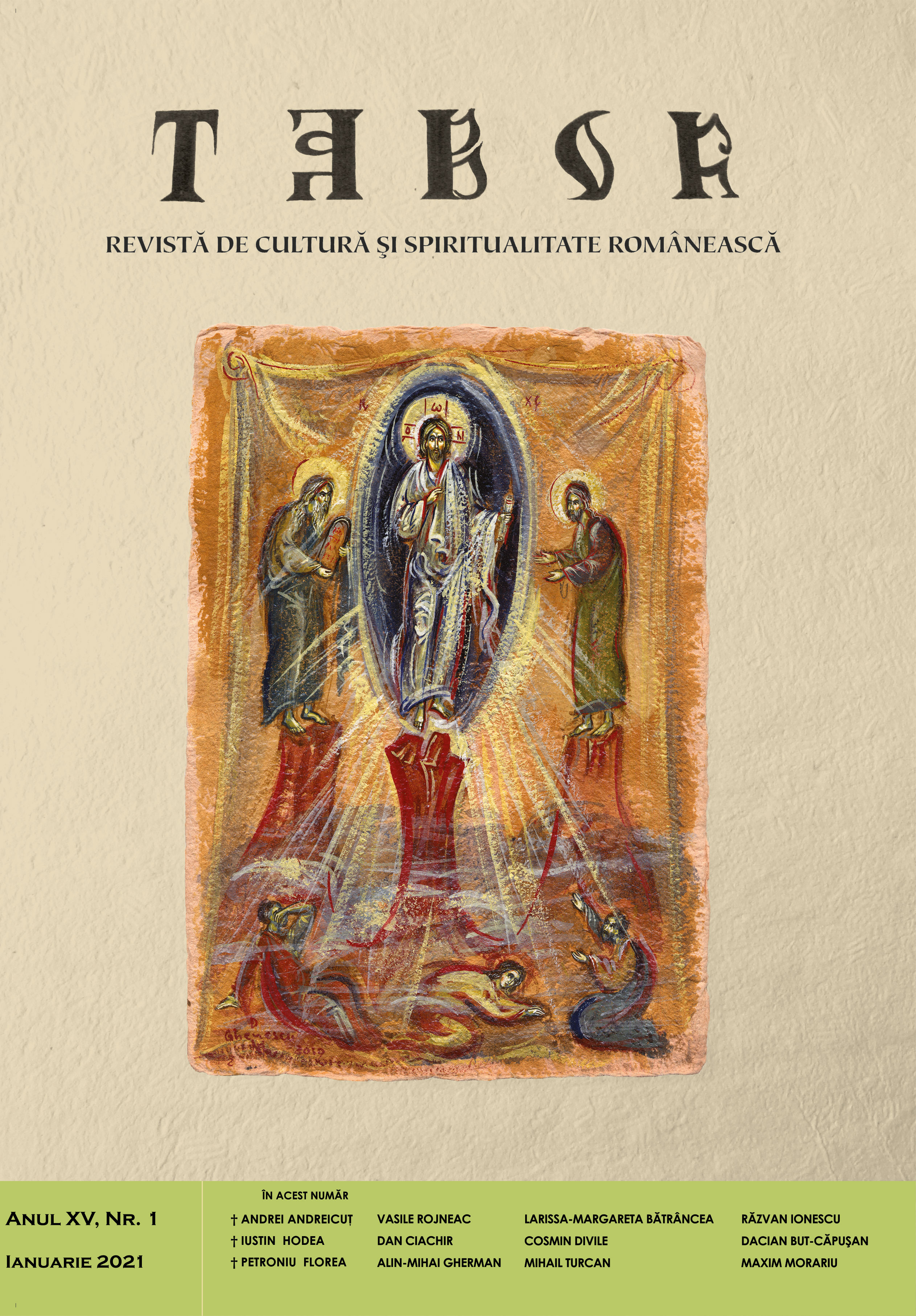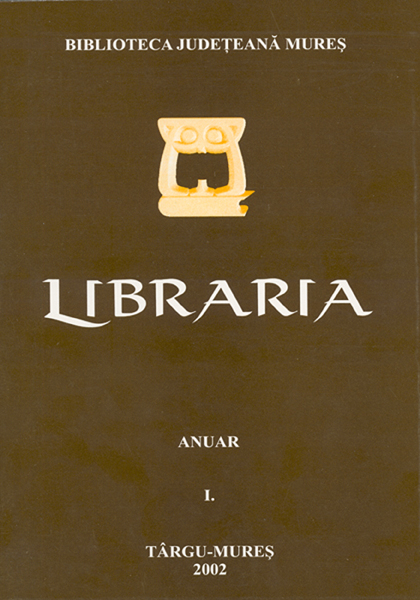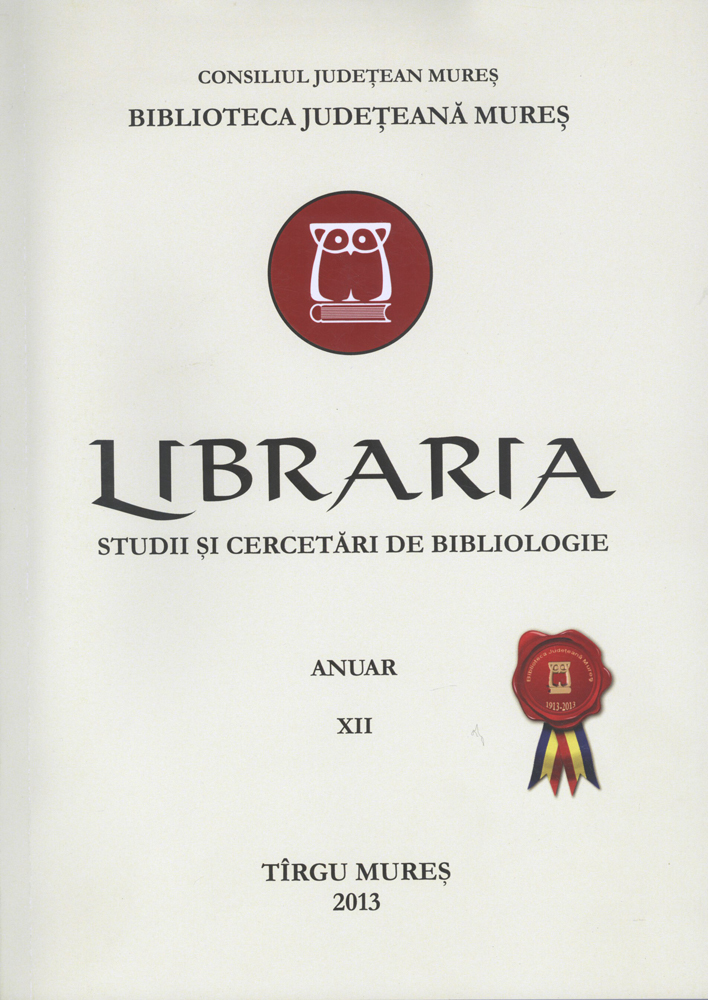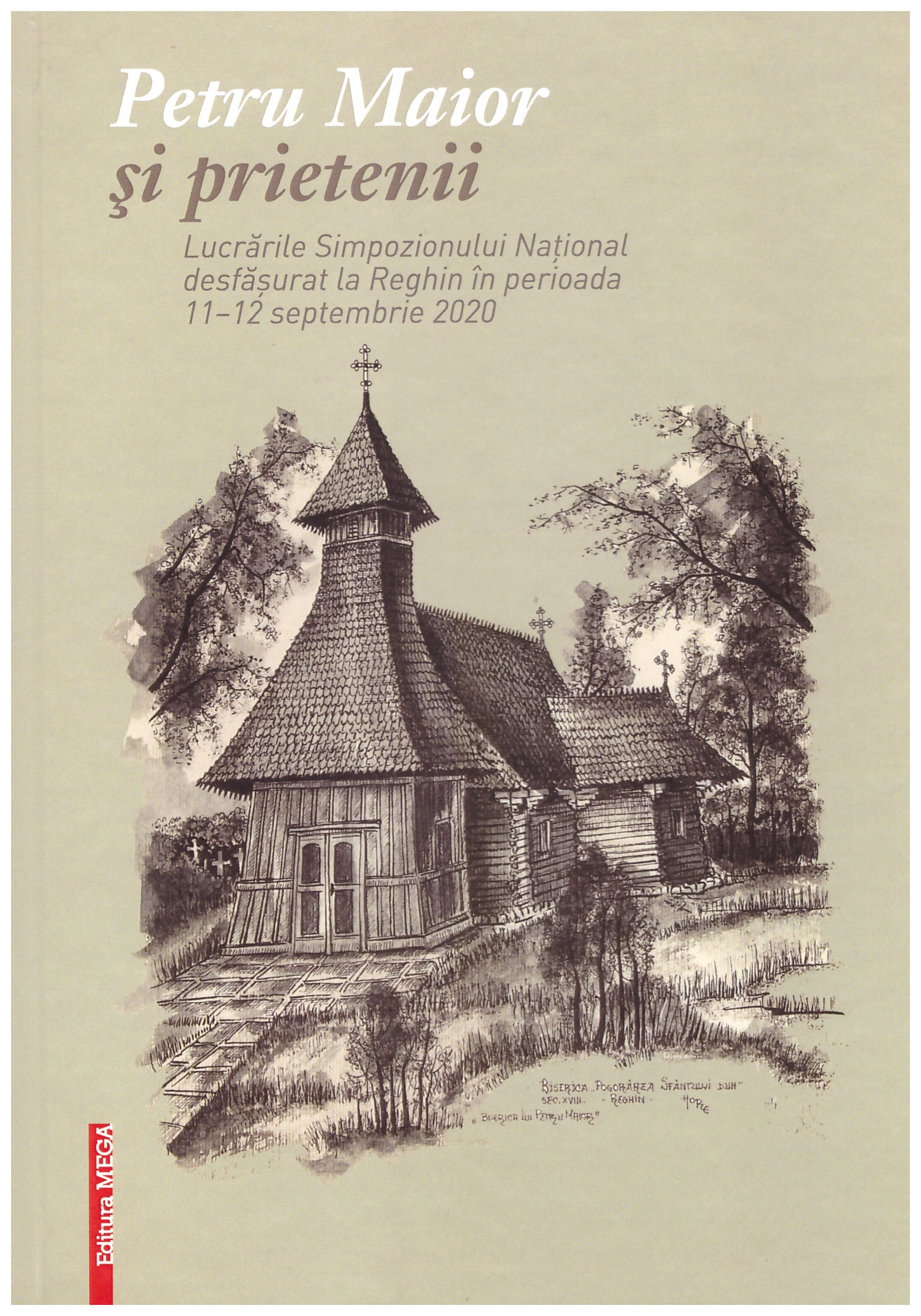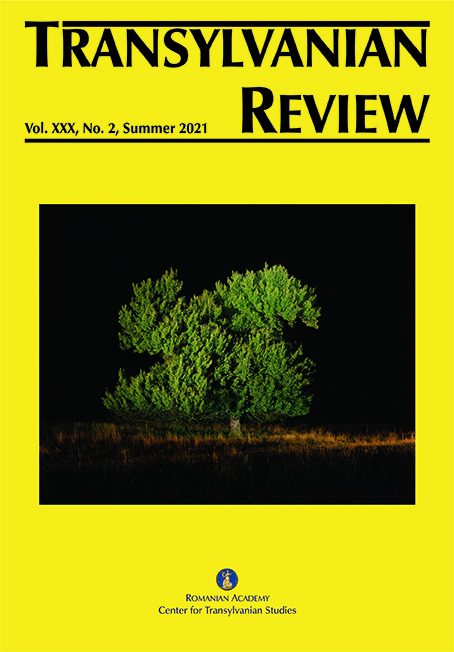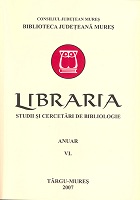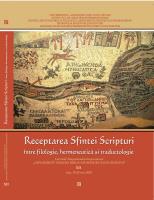A LESS KNOWN PRINTED WORK FROM ALBA IULIA – POVEASTE LA PATRUZECI DE MUCENICI (1689)
O TIPĂRITURĂ BĂLGRĂDEANĂ MAI PUłIN CERCETATĂ: POVEASTE LA PATRUZECI DE MUCENICI (1689)
By the end of the 17th century, the Romanian printing house from Alba Iulia was under neither religious nor secular control. The Church was undergoing a deep crisis and the powers of the Metropolitan Bishop were limited both by the Prince and the Calvinist administrator. The Principality of Transylvania was torn by internal struggle for power, actually fuelled by the Ottomans who wanted to maintain their control on the state and also by the Habsburgs who hoped to include Transylvania among their possessions. Under these circumstances, private persons with clear religious views began printing books in Romanian, such as Ioan Zoba of VinŃi, printer Chiriac (Kiriak) and Mihail Istvanovici. Known by its running title and not by its title proper, Poveaste la 40 de mucenici (The Story of the Forty Martyrs) has intrigued researchers from the very beginning. It had no title page (compulsory by that time), no mention of the title, time and place of printing. It had however a colophon that ran “printed July 15, 1689”. Through its many peculiarities, this printed work was considered a minor accident. As it was kept with other works printed the same year, it is possible that the text may not have been disseminated by itself. There are however elements that point to the fact that the printer had considered it an independent work. The 8-page text is small and it has never been bound. Its owners tied it to other documents only to better preserve it. According to an evaluation of the printing material made by Eugen Pavel, the work was printed by Chiriac. He was a Moldavian monk from the Monastery of Agapia, who traveled across the country. He printed several works in Bucharest between 1880 and 1882. We also found several linguistic arguments that support Pavel’s identification and point to a Romanian printer. Moreover, the text contains a version of the Psalms that was in use beyond the Carpathians. The psalm version from the Psaltirea de la Bălgrad was common in Transylvania, and Transylvanian printers respected it. In comparison with similar works such as VieŃile sfiniŃilor by Dosoftei from 1683 or Mineiul pe luna martie printed at Buzău in 1688, Chiriac’s text is longer, with a better plot and dialogues. We were unable to identify the direct source of the text, but future comparison with similar texts might provide new information. We are however sure that the initial document was a translation of a Slavonic text (possibly Ukrainian), as proven by several calques. Researchers have also been baffled by the purpose of this work. According to Doina Braica and Victor Bunea (1980), the text should be seen in the larger context of the Calvinist policy of the Prince of Transylvania. This might hold for works printed by Ioan Zoba from VinŃ, but not for our text, as the worship of saints was rejected by Calvinism.
More...
